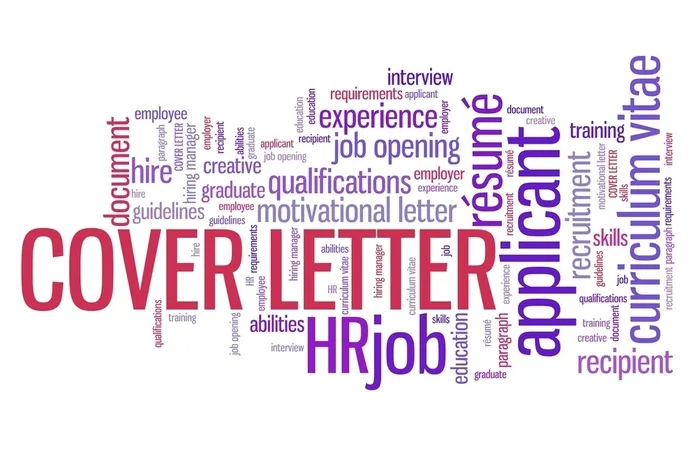The Core Purpose of a Cover Letter
A cover letter serves as your initial introduction to a potential employer, acting as a crucial bridge between your resume and the hiring manager. While your resume provides a snapshot of your qualifications, the cover letter offers a platform to elaborate on your skills, experiences, and motivations, allowing you to present a compelling narrative. It’s a space to demonstrate your understanding of the job requirements and to express your genuine interest in the specific opportunity. The importance of a cover letter extends beyond mere formality; it’s an opportunity to distinguish yourself and secure an interview, which is the primary goal of any job application. A well-crafted cover letter will grab the recruiter’s attention and compel them to read the resume in greater detail, greatly increasing your chances of getting selected.
Highlighting Relevant Skills and Experience
One of the most significant advantages of a cover letter is its ability to highlight specific skills and experiences that are directly relevant to the job you’re applying for. Unlike a resume, where you might only list skills, a cover letter gives you the chance to illustrate how you’ve applied those skills in real-world scenarios. You can provide context, sharing specific accomplishments and quantifying your achievements whenever possible. This tailored approach shows the hiring manager that you’ve not only read the job description but have also considered how your unique background aligns with their needs. A cover letter enables you to connect the dots between your past experiences and the requirements of the open position, making your application far more persuasive and making it clear why you are the perfect fit.
Tailoring Your Application
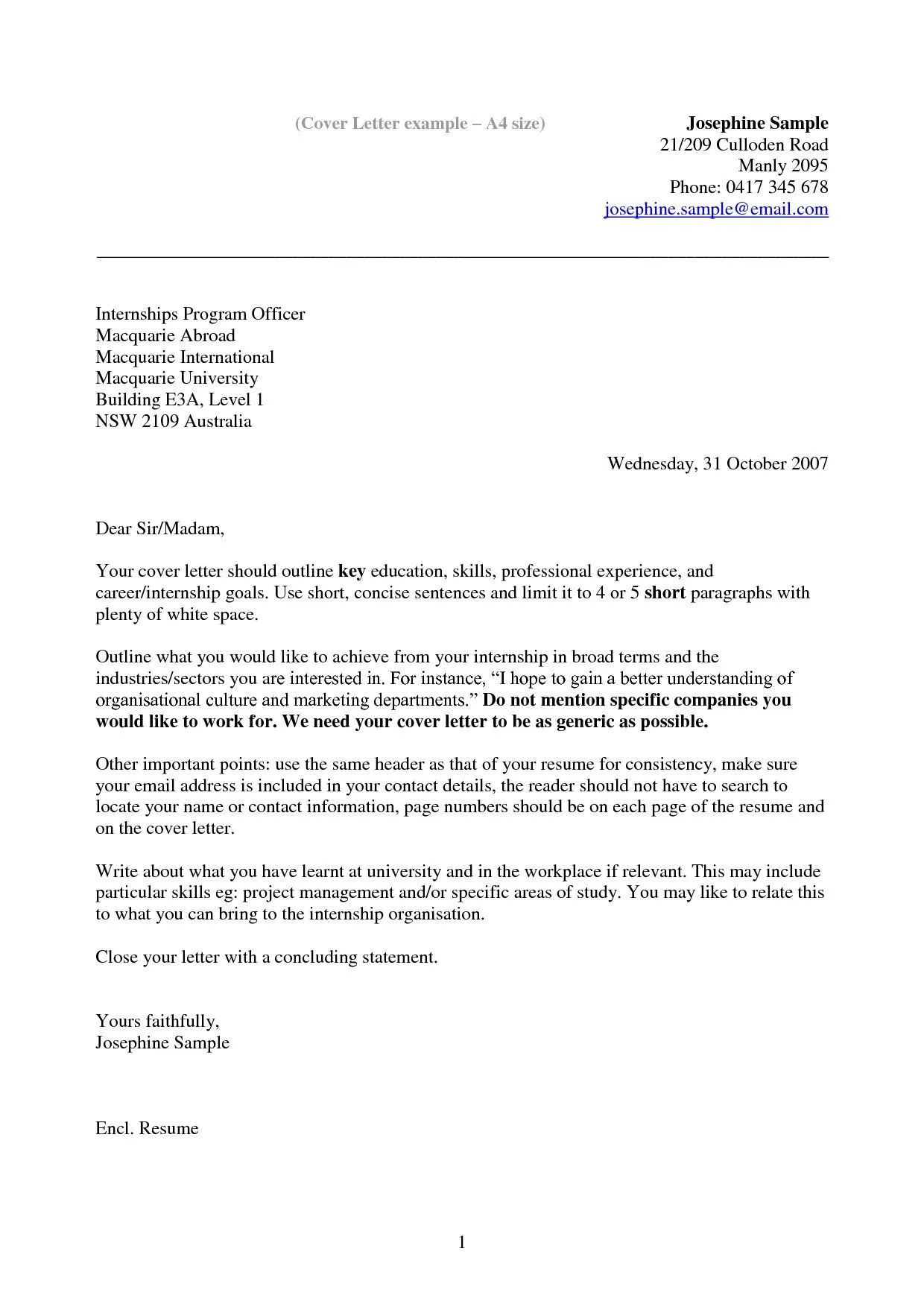
Cover letters provide a valuable space to tailor your application to the specific role and company. Generic resumes often struggle to showcase how a candidate’s particular skills and experiences match what an employer is looking for. A well-crafted cover letter allows you to research the company, understand its values, and then align your qualifications with their specific needs. This level of personalization shows initiative and demonstrates a genuine interest in the company beyond just getting a job. By highlighting the experiences and qualifications that best match the job description’s requirements, you increase your chances of making a strong first impression. Customization separates your application from the standard applications, making it stand out from the other applicants.
Demonstrating Enthusiasm and Interest
The cover letter offers a chance to showcase your enthusiasm and genuine interest in the position and the company. A generic application is unlikely to convey the excitement and passion that a well-written cover letter can express. Use this space to explain why you’re excited about the opportunity, what aspects of the role resonate with you, and what you hope to achieve. This genuine interest can be a decisive factor in the hiring process. Sharing your interest highlights that this is not just any job application; it shows that you have a specific reason for targeting this specific company and position. This expression of enthusiasm can leave a lasting positive impression on the hiring manager, making them see you as a motivated candidate.
Showcasing Personality and Communication Skills
Your cover letter is an opportunity to demonstrate your communication skills and personality in a way that a resume cannot. A resume is typically a list of facts and accomplishments, but the cover letter allows you to express yourself more freely, showing your writing style and how you think. This can be crucial in determining whether you’re a good fit for the company culture. You can showcase your personality by injecting your unique voice into the cover letter while maintaining professionalism. Your writing style and the way you structure your thoughts can highlight key communication abilities, making it easier for the recruiter to gauge your personality and your ability to convey complex ideas. Good communication skills are a requirement in most workplaces and the cover letter is a platform to show that.
Increasing Your Chances of Getting an Interview
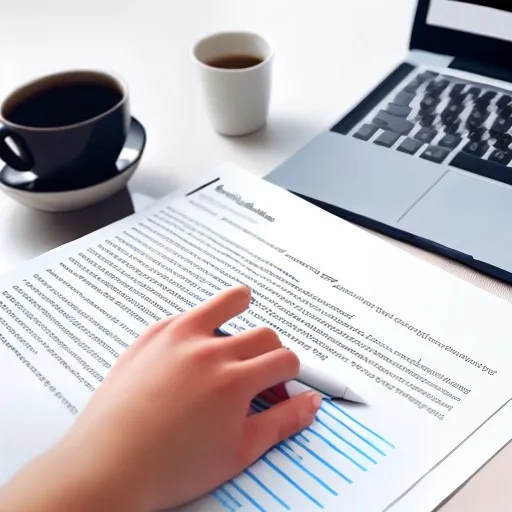
Ultimately, the primary goal of a cover letter is to increase your chances of getting an interview. By providing context, showcasing relevant skills, and expressing genuine interest, a cover letter can significantly enhance your application’s impact. It sets you apart from other applicants who may not have taken the time to personalize their application. When a cover letter is well-written and tailored to the specific job, it grabs the hiring manager’s attention, encouraging them to delve deeper into your qualifications and, ultimately, invite you for an interview. The cover letter gives recruiters the reason to read your resume, making this tool an essential part of your application, maximizing your opportunities to advance to the next step.
Why Cover Letters Matter Beyond the Basics
Addressing Specific Job Requirements
Cover letters give you the flexibility to address specific job requirements and concerns that might not be apparent in your resume. If there are any gaps in your employment history or if you’re changing careers, the cover letter offers a chance to explain these situations and provide additional context. Addressing these points upfront can prevent the hiring manager from dismissing your application immediately. You can use the cover letter to provide a clear explanation for any potential red flags, such as career changes, and explain how your skills will translate into success in your new role. This ability to provide context and explanations further enhances your chances of making a strong impression.
Providing Context for Your Resume
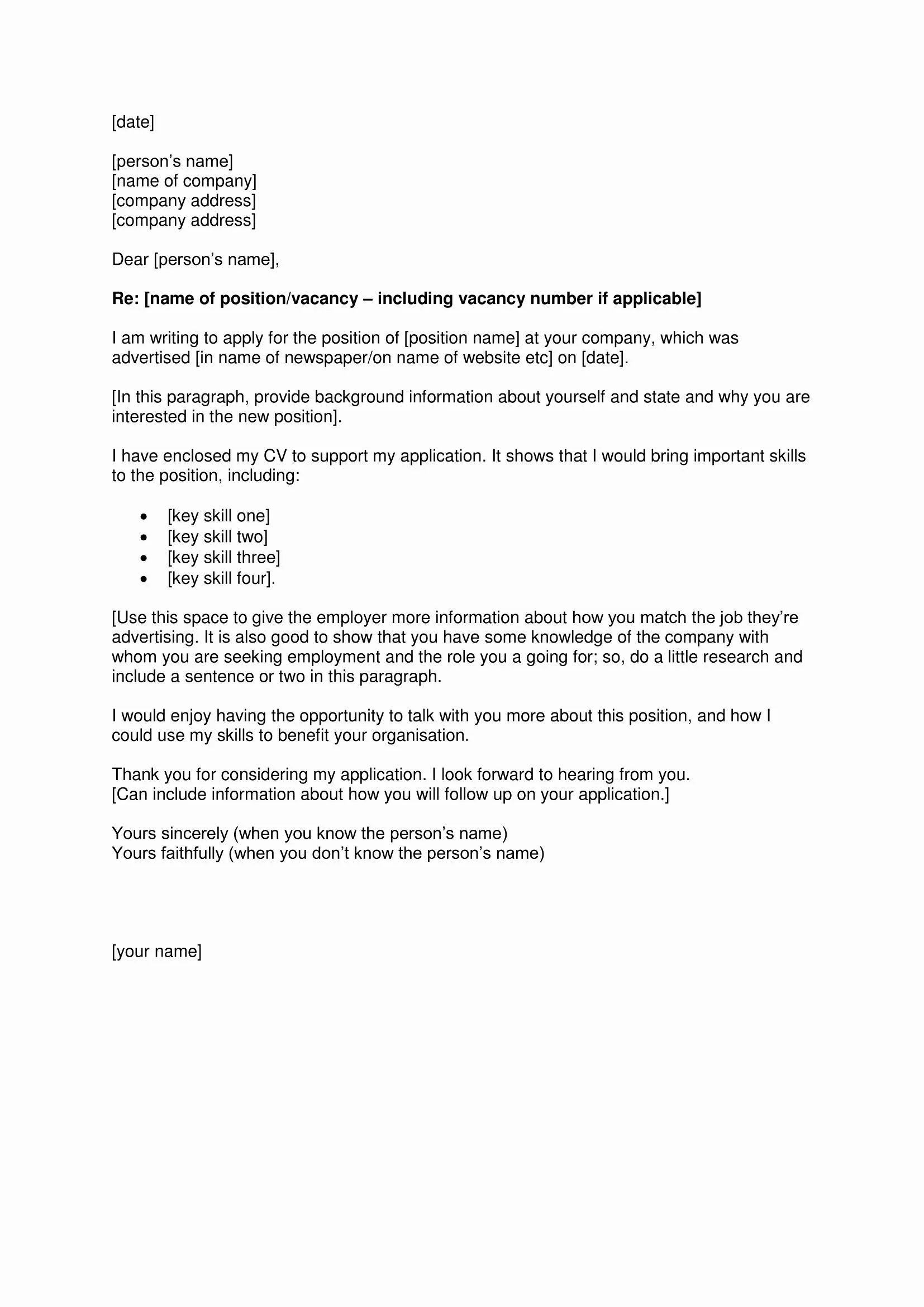
A well-written cover letter provides the context that your resume might be missing. It gives you the opportunity to tell the story of your career, connecting the dots between your various experiences and skills. Use it to explain your career goals and how the job aligns with your aspirations. This is especially helpful if your career path is not traditional or if you’re transitioning to a new field. A cover letter can clarify your career goals and how this role fits into your bigger career path, increasing the likelihood that a recruiter understands your long-term aspirations and the benefits you can bring to their company. By creating a clear story, you help the recruiter understand your past and your motivations for seeking the specific job.
Standing Out from the Competition
In a competitive job market, a cover letter can be the key to differentiating yourself from the competition. Many applicants simply submit a resume without taking the time to write a cover letter. By including one, you immediately show that you’re willing to put in the extra effort, which often demonstrates a higher level of commitment and interest. A cover letter gives you the chance to express your unique value proposition, showcasing what makes you a strong fit for the company and the role. This allows you to stand out from other candidates who may have similar qualifications on paper. Highlighting what makes you unique will make the recruiter view your application favorably.
The Cover Letter in the Digital Age
Adapting to Online Applications
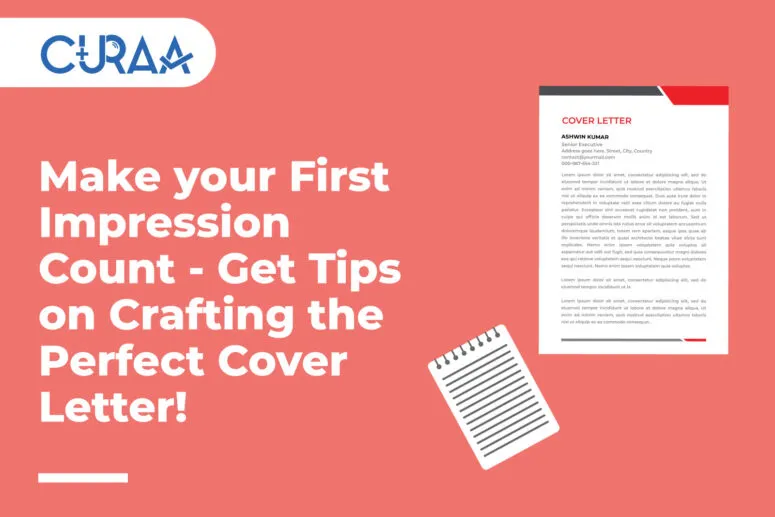
Even in the digital age, the cover letter remains a vital part of your job application, especially when applying online. While the format may have changed, the purpose remains the same: to provide context, highlight your skills, and express your interest. Adapt your cover letter to the online format by making sure that it’s easy to read and well-formatted. Many applicant tracking systems (ATS) may have specific requirements, so make sure to follow the instructions and tailor your cover letter accordingly. Adaptations include using a clear font, keeping the letter concise, and being mindful of any character limits. Despite the evolution of applications, the cover letter continues to be an essential component of your online application.
The Importance of Personalization
Even in the digital landscape, personalization remains a crucial aspect of cover letters. Generic cover letters that are used to mass apply for jobs are easy to spot and can often be ignored by employers. Taking the time to tailor your cover letter to each specific job shows that you’re truly interested in the position and the company. Research the company and the role, then use the cover letter to highlight how your skills and experiences align with their needs. Personalization is a key component of ensuring the recruiter knows that you are genuinely interested in the position, differentiating your application from other candidates who may have applied with a generic letter.
Maintaining Professionalism
Throughout the digital process, it is vital to maintain a high level of professionalism in your cover letter. Even if you are applying through an online portal, your cover letter represents you and should reflect your attention to detail and communication skills. Make sure that your letter is well-written, free of errors, and formatted correctly. Maintain a professional tone, and use clear, concise language. Proofread it meticulously for grammar and spelling mistakes. These details demonstrate your respect for the hiring process and show that you’re prepared to present yourself in the best possible light. Your attention to the details of your cover letter is the key to showcasing the level of professionalism that makes you an outstanding candidate.
